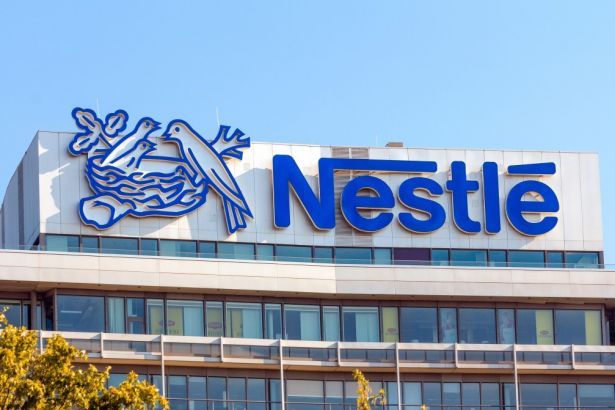The federal government has endorsed the Nestlé Water Quality Advocacy Campaign, describing it as a timely initiative aligned with national efforts to guarantee safe and sustainable access to clean water for all Nigerians.
The Nestlé water quality advocacy campaign aims to raise awareness about the importance of water quality for the overall health and well-being of individuals, families, and communities.
At the campaign’s launch in Abuja yesterday, the minister of Water Resources and Sanitation, Prof. Joseph Utsev, commended Nestlé Nigeria Plc for setting the tone for wider stakeholder collaboration.
The head of Corporate Communications, Corporate Affairs and Sustainability, Nestlé Nigeria, Victoria Uwadoka, stressed that water quality is not just a policy or technical matter but a question of human dignity and socio-economic sustainability. Drawing on Nigeria’s cultural perspective, he said: “We have long-held beliefs around water. One is ‘water is life,’ and the other is ‘water no get enemy,’ popularised by Fela Ransome-Kuti. But I think we can agree that only quality water is life and that unsafe water is a real enemy to health and wellbeing.”
Uwadoka said Nestlé, in collaboration with OPS-WASH, initiated the Quality Water Advocacy Campaign to close the knowledge gap on water safety. She said the initiative will be rolled out in phases—beginning with stakeholder engagement, followed by the launch, and then deployment across print, broadcast, social media, grassroots mobilisation, and community events. “The change we need requires multi-sectoral action,” he added, emphasising that government, industry, media, academia, civil society, and individuals all have a role in ensuring safe water for all Nigerians.
Prof. Utsev said the importance of water to human life and national development cannot be overstated, but warned that the safety of this essential resource remains a critical challenge. “Contaminated water continues to be a leading cause of preventable diseases such as cholera, diarrhoea and typhoid, which threaten not only public health but also our productivity, education, and overall development,” he stated.
He noted that the 2021 National WASHNORM report revealed worrying levels of contamination in drinking water at the point of consumption, underscoring the urgency of improved management.
Olutayo Olatunji, a business development executive at Nestle, said, “If there is one thing we know, it is that quality water transforms lives. It means fewer preventable illnesses in children. It means greater peace of mind for parents. It means schools where children can learn without the disruption of waterborne disease. It means communities that are healthier, stronger, and more resilient.”
Olatunji said his company was standing shoulder-to-shoulder with the stakeholders in and outside the government to advocate for a future where safe water is not a privilege, but a daily reality for every Nigerian household, while protecting the environment for the future.
“This campaign is therefore more than an initiative. It is an invitation: to families, to schools, to communities, and to policymakers, to join us in making quality water not just available but trusted and valued,” he stated.
Citing research by Corporate Accountability and Public Participation Africa (CAPPA), Uwaduka revealed that “more than 113 million Nigerians lack access to safe drinking water,” while an estimated 87,000 children under five die each year from diarrhoea linked to inadequate water, sanitation, and hygiene. He added that poor sanitation costs the economy about ₦455 billion annually, straining families and institutions.
The minister outlined several government-led programmes designed to strengthen water quality management nationwide. These include the Nigerian roadmap for water quality management, the establishment of 12 national water quality reference laboratories, freshwater restoration and source protection programmes, community-based water safety plans, and regulatory standards such as the Nigerian standard for drinking water quality.
According to him, these initiatives demonstrate the federal government’s determination to tackle challenges and ensure clean, safe, and reliable water supply.











